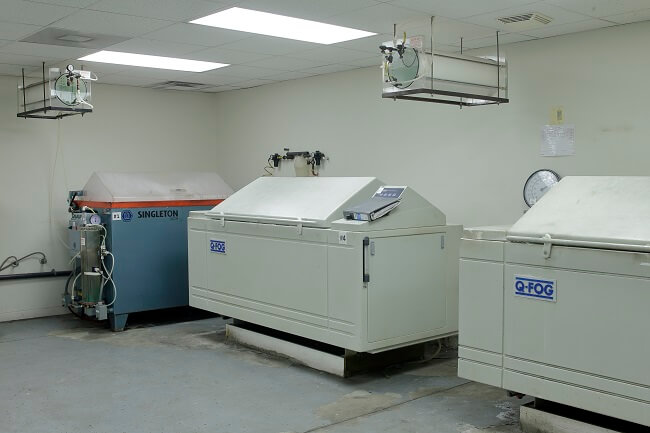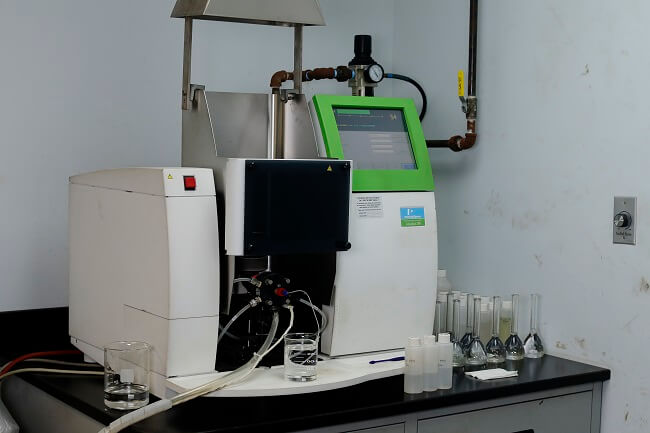Quality Management System (QMS)
Wolverine Plating is both ISO 9001 and IATF 16949 certified by NSF-ISR. We also have an A2LA accredited lab, with accreditation to ISO/IEC 17025 for mechanical testing.
- The ISO 9001 standard sets out the requirements for a quality management system and is based on a number of quality management principles including a strong customer focus, the motivation and commitment of top management, the process approach, and continual improvement.
- IATF 16949 includes ISO 9001, and goes beyond with more stringent requirements for automotive sector quality management systems and is one of the most widely used international standards in the automotive industry.
- ISO/IEC 17025 is the General Requirements for the Competence of Testing and Calibration and Calibration Laboratories, and enables labs to demonstrate that they operate competently and generate valid results, thereby promoting confidence in their work.
Testing & Equipment
WPC’s A2LA accredited lab is able to test for most standard PPAP requirements (e.g. thickness, salt spray, adhesion). We also maintain precision equipment in our labs to ensure process control that exceeds industry standards.
Our A2LA lab’s scope of accreditation includes the following tests:
- Salt Spray: This is an industry standard test for corrosion resistance. Parts are placed in a chamber and coated with a solution of salt & water according to specifications. The time to white corrosion and red rust are then used to compare different coatings (not to predict real world performance).
- Thickness: WPC uses X-Ray Fluorescence (XRF) to test for coating thickness. This is the most advanced testing method and has the added benefit of being non-destructive. In the past, destructive and/or less reliable methods were used, but today XRF is the industry standard.
- Adhesion: There are several methods of adhesion testing, including Burnishing, Saw-Grind, Heat-Quench, and Thermal Shock. WPC is capable of all forms, tested to limited specs.



